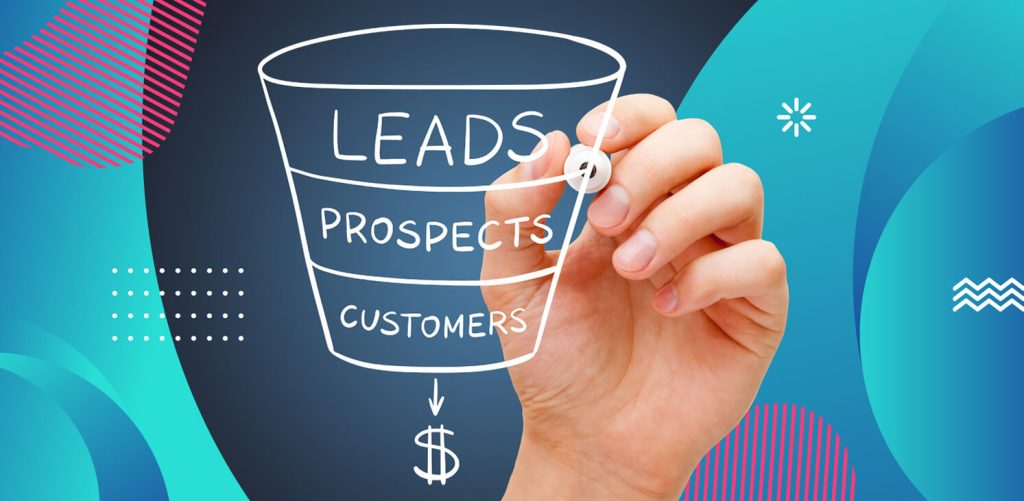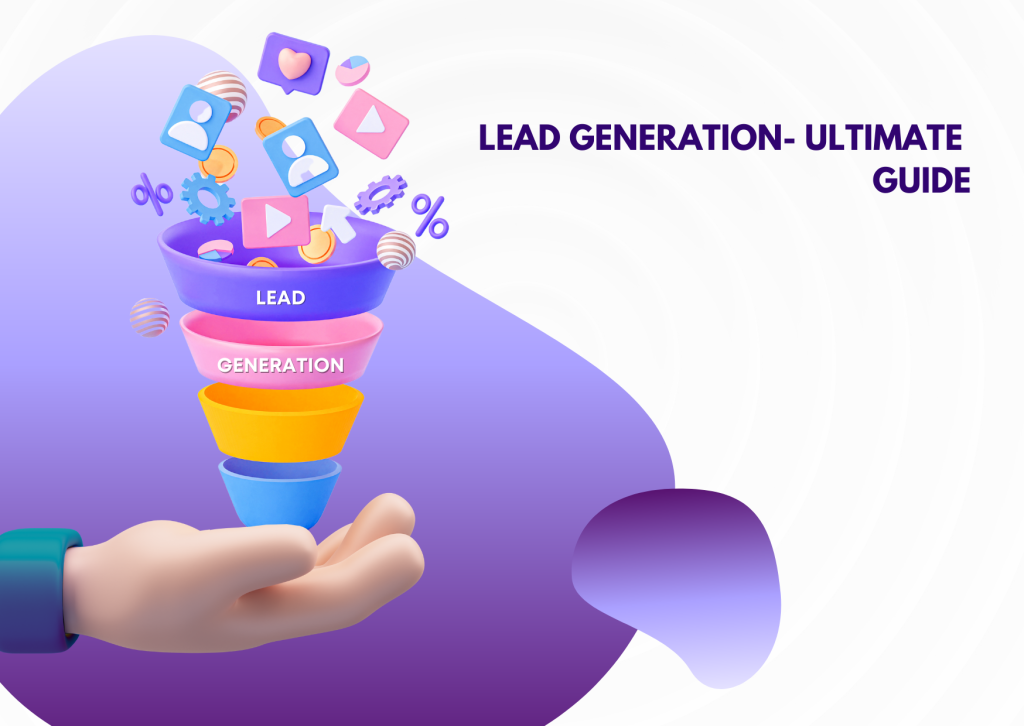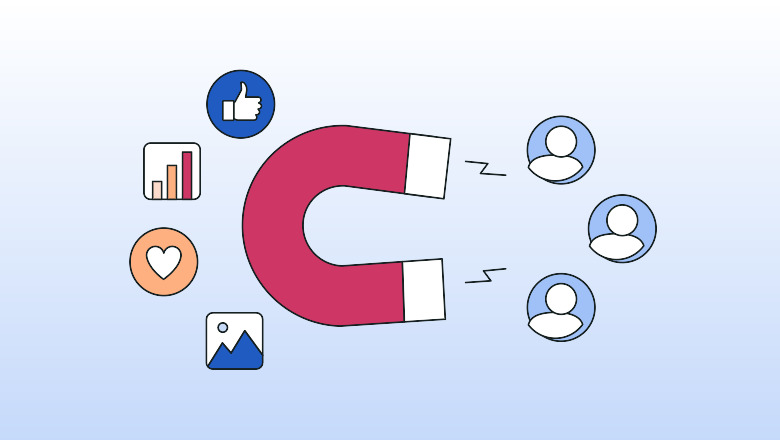Lead generation, a pivotal facet of marketing strategy, involves the initiation of consumer interest or inquiry into a product or service. This process, while fundamental to both Business-to-Consumer (B2C) and Business-to-Business (B2B) scenarios, unfolds with nuanced considerations in each context. This essential process serves as the catalyst, igniting consumer interest and inquiries into products or services. However, the journey takes on distinct nuances when traversing the B2C and B2B landscapes. Each context requires tailored approaches, leveraging diverse platforms, strategies, and technologies to engage either individual consumers or businesses as potential clients.
Scoring Leads stands resilient, adapting intricately to the diverse landscapes of B2C and B2B. It is more than a mechanism; it is the lifeblood of endeavors, intricately tailored to resonate with the nuanced behaviors of individual consumers and the complex decision-making processes within businesses.
Lead Generation:

B2C
In the B2C landscape, the primary goal is to engage individual consumers, appealing to their personal needs, preferences, and behaviors. Strategies often leverage platforms like social media, content marketing, and e-commerce. Engaging visuals, compelling storytelling, and targeted advertisements are crucial components. The focus is on creating immediate interest, prompting quick and straightforward decision-making. Discounts, promotions, and personalized content are often employed to capture the attention of the diverse consumer base.
B2B
Conversely, B2B leads navigate a more complex landscape, targeting businesses as potential clients. The process entails identifying key decision-makers within organizations and establishing meaningful connections. Strategies may involve content marketing, webinars, industry events, and a robust online presence. Educational content and in-depth resources play a pivotal role in nurturing long-term relationships. Trust-building becomes paramount as the sales cycle is typically more prolonged, requiring a strategic blend of personalization and industry expertise.
Common Aspects:
While the strategies differ, certain aspects are universal. In both B2C and B2B generating leads requires a profound understanding of the target audience is foundational. Utilizing data analytics and customer insights facilitates precise targeting, ensuring marketing efforts resonate with the right demographics.
Strategically designed landing pages, compelling calls-to-action, and streamlined forms are common denominators. Seamless user experiences, whether through an e-commerce website or a corporate portal, contribute to the effectiveness of lead generation efforts.

Technology and Automation:
In the contemporary landscape, technology and automation play pivotal roles. Customer Relationship Management (CRM) systems, marketing automation tools, and data analytics empower marketers to streamline processes, analyze customer behavior, and personalize interactions. AI-driven chatbots and targeted email campaigns enhance engagement, fostering a proactive approach in both B2C and B2B scenarios.
Metrics and Evaluation:
Effectiveness in generating leads is measured through key performance indicators (KPIs) such as conversion rates, click-through rates, and lead-to-customer ratios. Continuous evaluation and refinement of strategies based on data-driven insights are crucial for sustained success.
The art of lead generation lies not just in capturing attention but in understanding audiences, crafting narratives that resonate, and deploying technologies that foster lasting relationships. It’s an arena where adaptability and a keen understanding of evolving consumer behaviors are the compass guiding successful strategies. Ultimately, in the pulse of data-driven metrics and constant evaluation, scoring leads manifests as a dynamic force, steering marketing efforts toward sustained success and meaningful connections.
Adaptability and a keen understanding of evolving consumer behaviors are the compasses guiding successful strategies. The journey doesn’t conclude with capturing leads; it extends to nurturing relationships that withstand the test of time. As technologies continue to advance, and consumer expectations evolve, the future of lead scoring promises innovation and deeper connections. Successful marketers will not merely keep pace; they will pioneer, harnessing the power of data, personalization, and emerging technologies to navigate the ever-shifting landscape. The art of generating leads is not a static concept; it is an evolving narrative, a journey that intertwines with the very essence of human engagement and business relationships. In this intricate dance of strategy and responsiveness, businesses discover not just leads, but enduring partnerships that echo the heartbeat of a brand’s resonance in the hearts and minds of consumers and businesses alike.
